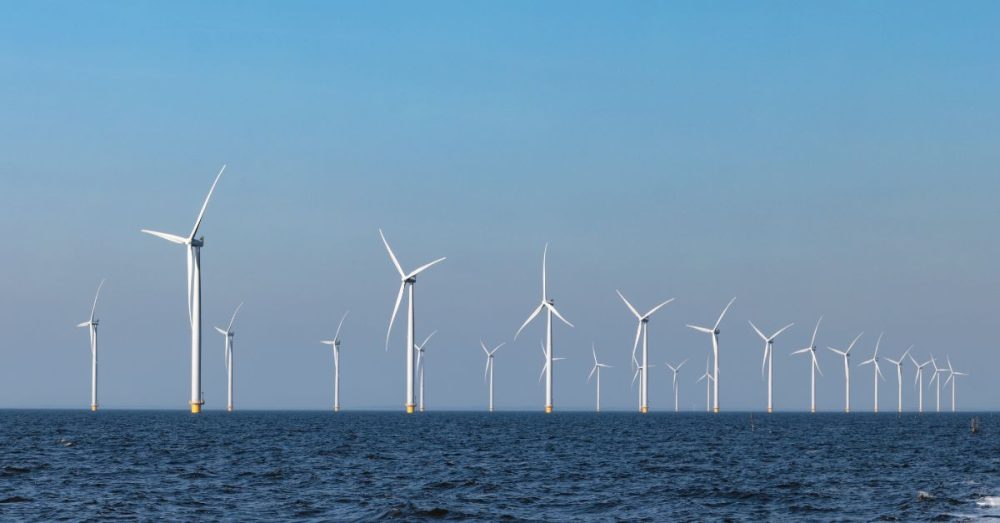Biden administration officials pulled the plug on a BlackRock-backed offshore wind project planned near Port Arthur, Texas, and Lake Charles, Louisiana.
The project was part of a larger plan to turn 730,000 aquatic acres into a power system that would have allegedly produced 30 gigawatts annually by 2030, according to the National Oceanic and Atmospheric Administration.
The second lease auction was canceled due to a lack of commercial interest after only RWE Gulf LLC expressed interest in the project, sentencing it to a similar fate as its Galveston-based sister projects, sometimes called Galveston I and Galveston II, or collectively, GOM WEA Option I, which received no bidders
However, a very similar project, also backed by RWE and known as GOM WEA Option M, has endured.
The relevant federal agencies were apparently unsatisfied with the lack of competitive bidding on the project.
“As a result, BOEM is canceling this sale due to a lack of competitive interest. BOEM may decide to move forward with a lease sale at a future time, based on industry interest,” the Bureau of Ocean Energy Management said late Friday afternoon, according to offshoreWIND.biz.
The announcement came as The Dallas Express published a multipart investigation identifying the project’s fiscal backing and potential to cause damage to East Texas’ key industries and environment.
In the first installation of the series, DX identified RWE’s largest backers: Qatar Holding (9.1%) and BlackRock (6.3%). BlackRock has long pursued an aggressive environmental, social, and governance (ESG) investment agenda that has drawn the ire of Texas lawmakers for allegedly discriminating against Texas oil and gas producers.
The second installment focused on the alleged chemical risks the resin used to bind turbine blades poses. This chemical solution reportedly comprises at least three toxic chemicals, including PFAS, BPA, and Epichlorohydrin, although some pro-offshore wind groups dispute the claim.
The recent mysterious destruction of parts of the Vineyard Wind Project off the coast of Nantucket has raised questions about the risks these chemicals present to fish stocks and the environment if a damaged blade plummets into the water or erosion sheds the resin into the ecosystem.
However, the cancellation of the lease sale does not necessarily mean an end to the Gulf wind projects.
The same day the announcement was made, BOEM issued a press release stating that the bureau had been approached by “Hecate Energy Gulf Wind LLC (Hecate Energy) to acquire commercial wind energy lease(s) on the Outer Continental Shelf (OCS) in the Gulf of Mexico.”
Likewise, BOEM recently announced a 5-year plan to develop up to 12 ocean wind leases in the Gulf and other areas.
CORRECTION: This article was updated on August 2, 2024, to note that GOM WEA Option M is also backed by RWE and that only parts of the Vineyard Wind Project were destroyed, whereas a previous iteration of this article implied the entire project was destroyed.


